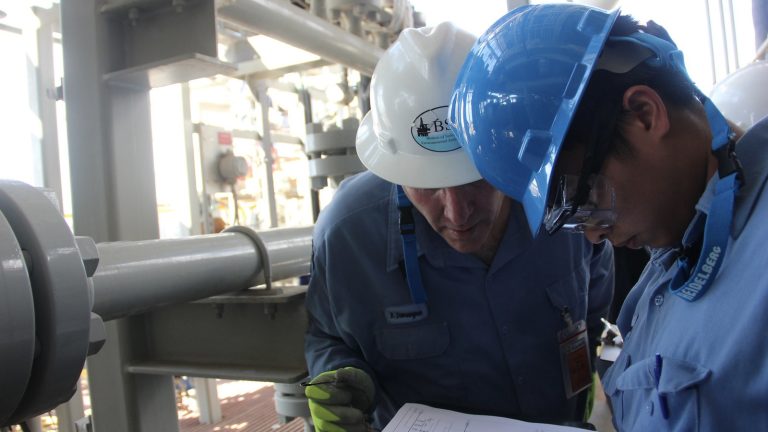On New Mexico's oil and gas drilling sites, people work long hours of hard, dangerous labor.
Marcela Díaz of Somos un Pueblo Unido, an immigrant-led workers' rights nonprofit, said more than 40 percent of the workforce is Latino.
Díaz: “Most members of this industry in our area are not unionized. They don't have pensions. If they're undocumented, they can't get Social Security benefits. When the economy goes into recession… they can't lose their jobs.
Dias said that as the clean energy industry grows, many oil and gas workers are eager to move to new jobs.
However, when you work long hours, lack English language skills, or live in a rural area, it can be difficult to obtain the necessary training.
Díaz: “We just don’t have the programs we need in these communities.”
So her team is pushing for more accessible workforce training programs and supports to make it easier for workers to participate.
For example, a new state pilot program will pay workers, regardless of their immigration status, to participate in workforce training programs in renewable energy and other fields.
Diaz said this is an important step in helping people who provide an essential workforce for the state’s oil and gas industry transition to safer, cleaner energy jobs.
Report source: Sarah Kennedy/ChavoBart Digital Media
We help millions of people understand climate change and what to do about it. Help us reach more people like you.
